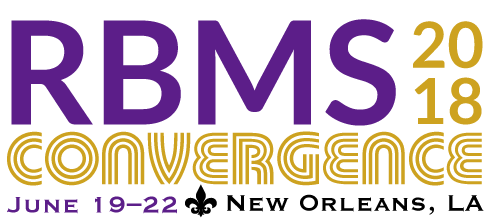Papers Panel: Diversity Within Collections: Strategies for Fostering Access
Paper 1: Hybrid is Here: Providing Access to Hybrid Archival Collections
Julie Judkins, Assistant Head, Special Collections, University of North Texas
Archives and Special Collections are increasingly receiving “hybrid” collections that include both analog and born digital materials. Such materials don’t fit traditional arrangement and description models and therefore inspire a reimagining of what we can and should be collecting and how we can best provide access to our materials. In fall 2015 UNT Special Collections began collecting materials related to a controversial local fracking referendum. Because a large amount of the debate regarding the referendum was happening online, it quickly became apparent that the Denton Fracking Referendum Collection would be first intentionally hybrid collection held by UNT. In addition to collecting ephemera and lawn signs generated by lobbyists, a web archive was created and born digital oral histories conducted by students were collected. We have used the Fracking Collection as a model for future hybrid collecting and as a way to experiment with different layers of description between a finding aid and an access point in a digital library.
Paper 2: A Cooperative Model for Preserving Historical Television News Content
Morgan Gieringer, Head of Special Collections, University of North Texas
A significant portion of our shared cultural heritage, including historical television news recordings, is at risk due to complicated copyright issues, degradation of the original media, the cost involved in digitizing audio/visual resources, and the difficulty of preserving high resolution digital video files. Cooperation between heritage institutions and content creators facilitated by a Custodial Partnership Model is the key to overcoming these significant challenges. The University of North Texas (UNT) and the Dallas/Fort Worth (Texas) affiliate station of the National Broadcasting Company (NBC 5/KXAS) have partnered to preserve the content of the oldest television news station in Texas. This paper will explain this partnership from the perspective of both the library and the television news station, and it will provide s possible solutions to the issues of copyright, funding and access to audio/visual collections.
